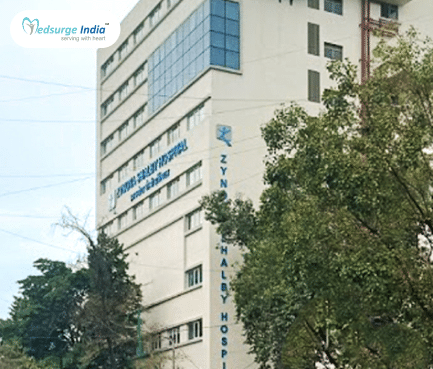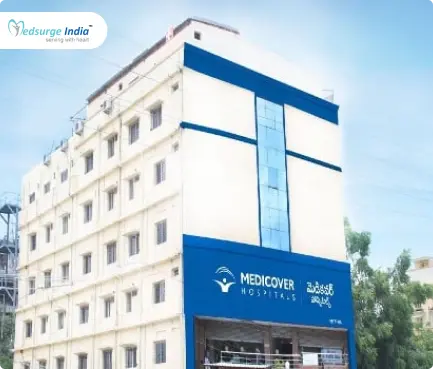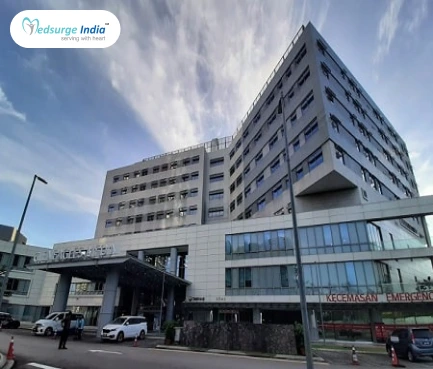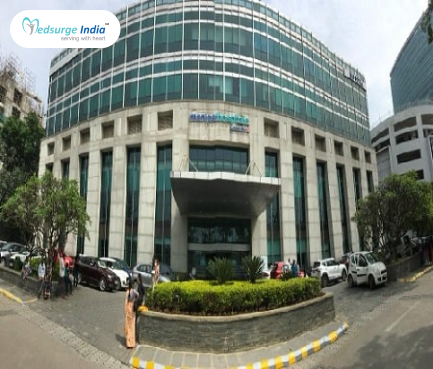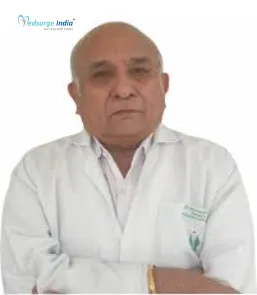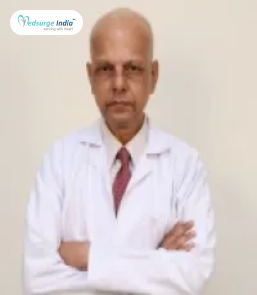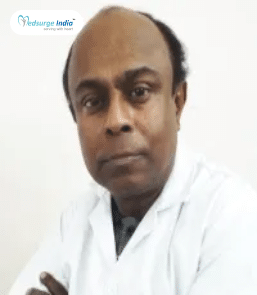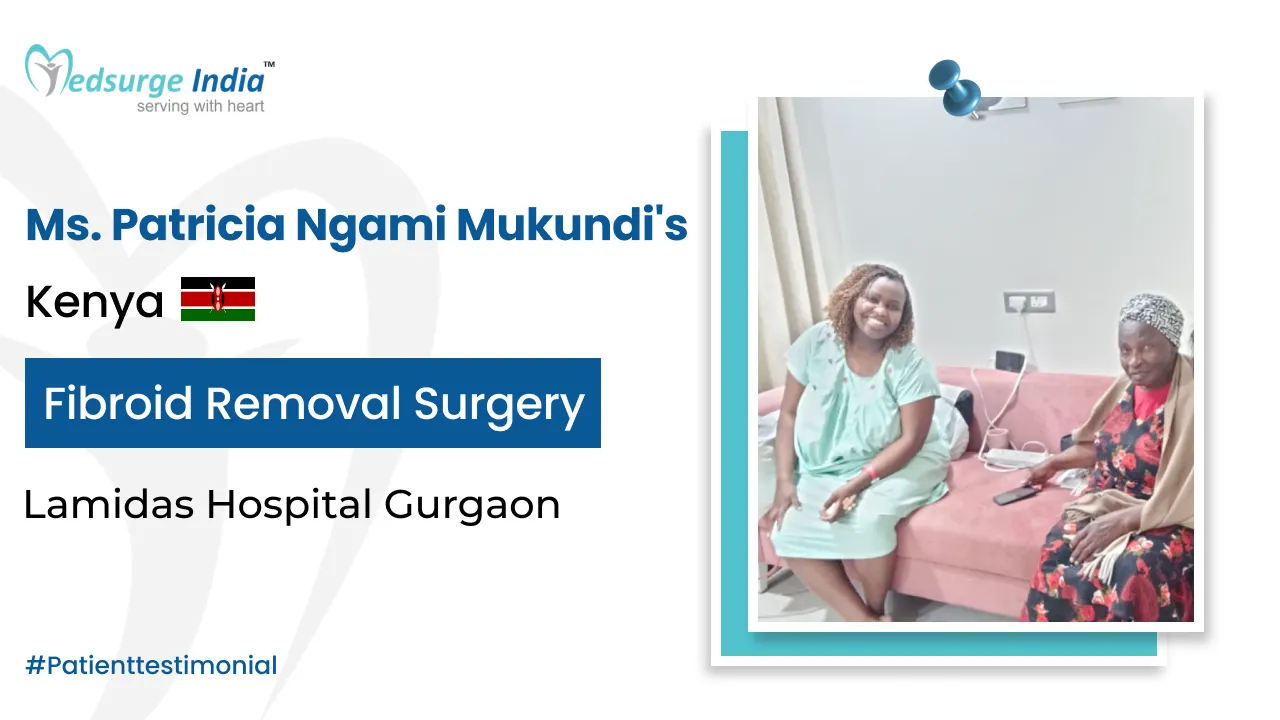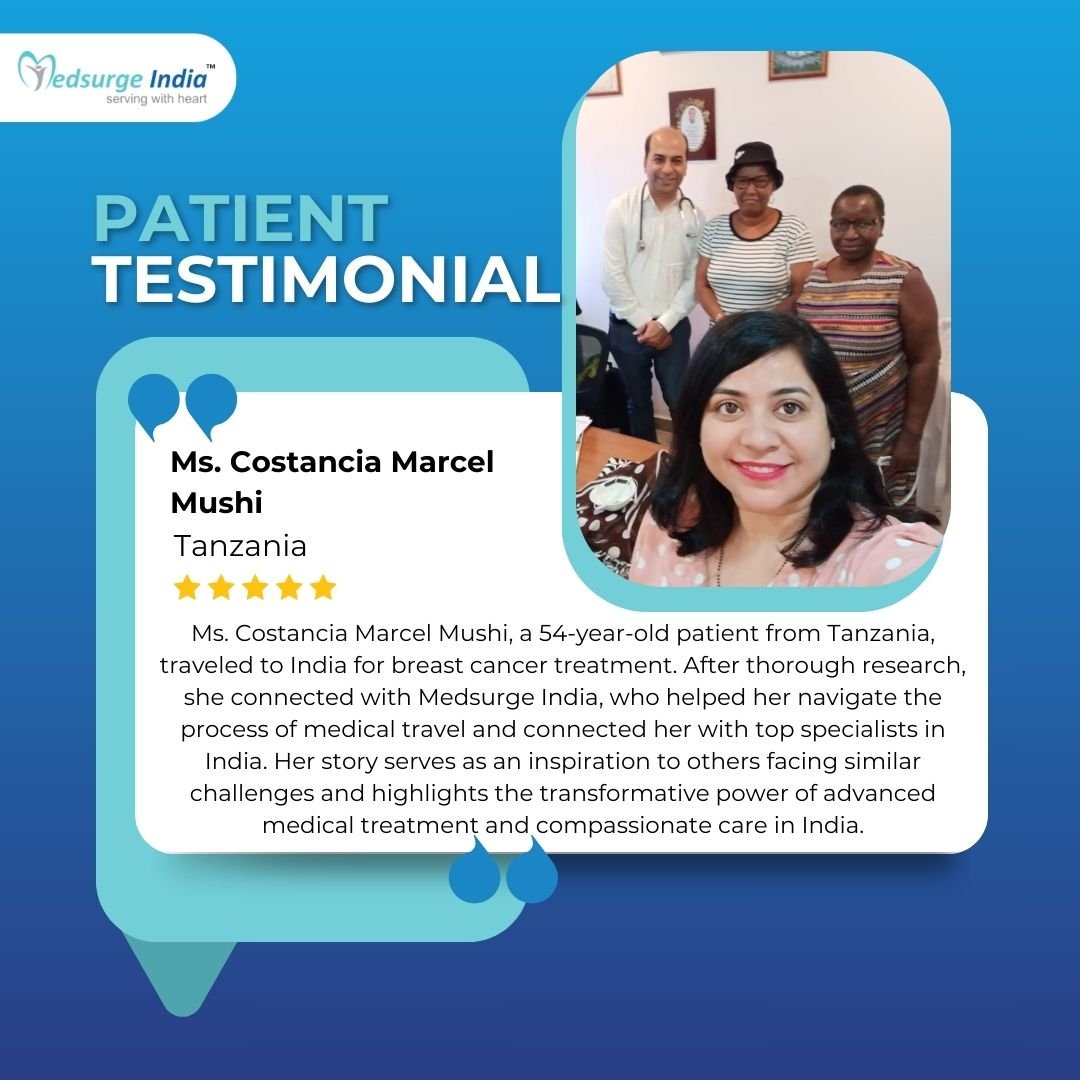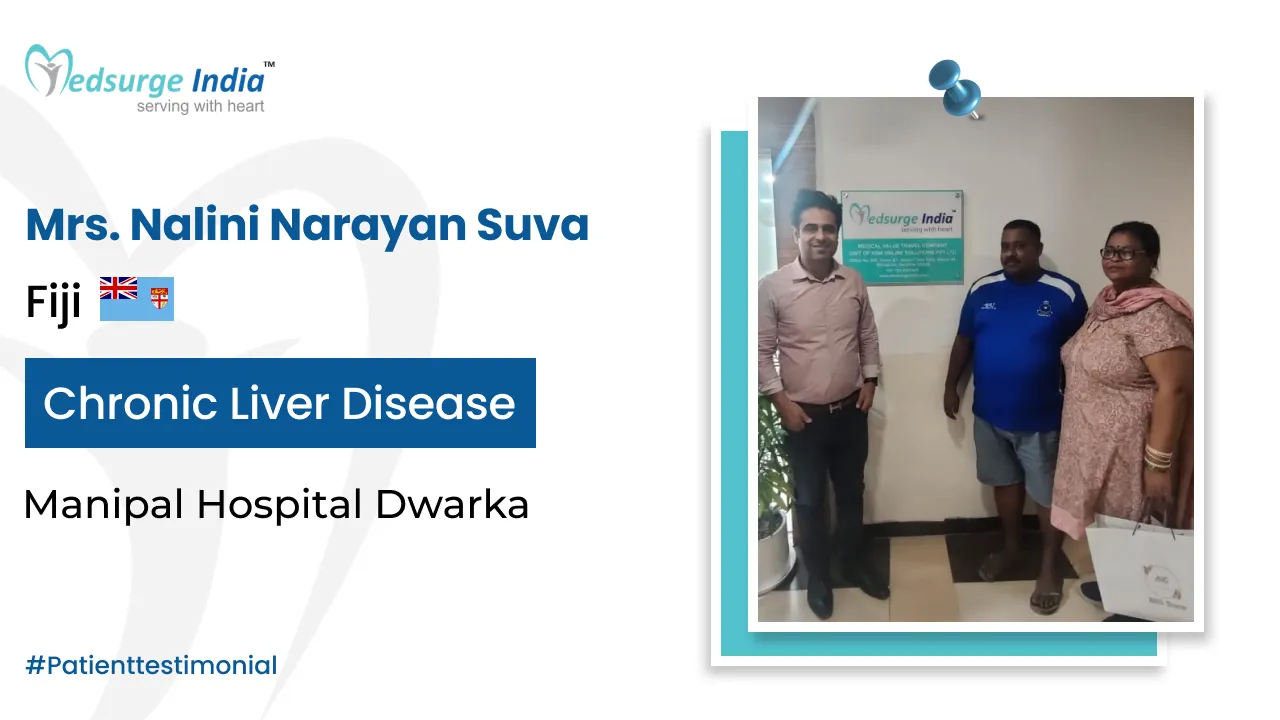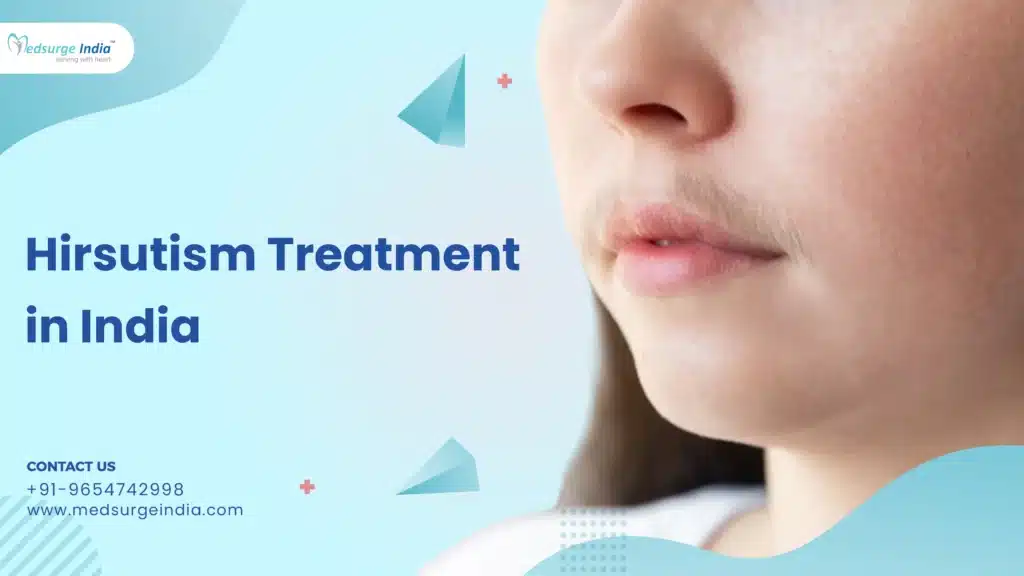
Hirsutism is a medical condition characterized by the abnormal growth of excessive hair in specific body areas. This condition predominantly impacts women and individuals assigned females at birth. While the exact cause of hirsutism remains unidentified, it is often associated with various underlying conditions, such as polycystic ovary syndrome. Treatment methods encompass weight management, pharmacological interventions, and hair removal techniques.
What Are the Symptoms of Hirsutism?
Hirsutism refers to the presence of coarse or dark hair on areas of the body where women typically do not exhibit hair growth, such as the face, chest, lower abdomen, inner thighs, and back. There is considerable variation in perceptions regarding what constitutes excessive hair growth.
When elevated androgen levels lead to hirsutism, additional symptoms may manifest over time, a phenomenon known as virilization. Indicators of virilization can include:
- A deeper voice
- Hair loss
- Acne
- Reduction in breast size
- Increased muscle development
- Enlargement of the clitoris.
What Are Some of the Reasons That Cause Hirsutism?
Hirsutism predominantly impacts women and individuals assigned female at birth. While it can also occur in men and those assigned male at birth, distinguishing hirsutism from normal terminal hair growth, which is characterized by thick, dark, and long hair, can be challenging.
Hirsutism can arise from several underlying conditions:
- Polycystic ovary syndrome (PCOS) is a prevalent disorder that typically manifests during puberty, leading to an imbalance in sex hormones. Over time, PCOS may contribute to excessive hair growth, irregular menstrual cycles, weight gain, infertility, and occasionally, the formation of multiple ovarian cysts.
- Cushing syndrome results from prolonged exposure to elevated levels of cortisol, which may stem from the adrenal glands producing excessive cortisol or from long-term use of medications such as prednisone.
- Congenital adrenal hyperplasia is a genetic disorder marked by the abnormal synthesis of steroid hormones, including cortisol and androgens, by the adrenal glands.
- In rare instances, hirsutism may be triggered by tumors that secrete androgens, located in either the ovaries or adrenal glands.
- Certain medications can also lead to hirsutism. These include minoxidil (commonly known as Rogaine), danazol (used for treating endometriosis), testosterone (such as Androgel or Testim), and dehydroepiandrosterone (DHEA). Additionally, if a partner uses topical products containing androgens, there is a possibility of affecting you through direct skin contact.
Hirsutism Treatment Cost in India
Hirsutism Treatment cost in India starts from 100 USD. The price of the treatment can also be extended to 800 USD. This usually depends on the patient’s choice of procedure and the type of location or hospital.
Hirsutism Treatment in Different cities in India
| Cities | Price Starting From |
| Delhi | 200 USD |
| Mumbai | 350 USD |
| Noida | 280 USD |
| Gurgaon | 200 USD |
| Chennai | 350 USD |
| Kolkata | 180 USD |
| Bangalore | 220 USD |
Please know that the total prices will depend on serval factors.
Factors That Can Affect the Cost of Hirsutism Treatment in India
- Treatment Type: Various Hirsutism Treatments are designed to address specific issues. The nature and intricacy of the treatment will have a considerable impact on the overall cost.
- Location of the Clinic: The cost of living and business operations differs across various cities and regions in India. Consequently, the clinic’s location can play a significant role in determining the total treatment expenses.
- Treatment Duration: The financial implications can escalate when treatment requires multiple sessions, leading to increased overall expenditure for the patient.
- Technology and Equipment: The use of advanced technology and state-of-the-art equipment during treatments can elevate costs. Innovative techniques often yield superior results, which can justify the higher price point.
- Severity of the Issue: The intensity of the hair problem and the extent of treatment needed will influence the total cost. More serious conditions may require additional sessions and products, leading to increased financial outlay.
- Aftercare Requirements: Certain treatments necessitate aftercare, which may involve medications, follow-up appointments, or specialized hair care products. These supplementary expenses should be factored into the overall financial plan.
How Is Hirsutism Diagnosed and Treated?
A physician will assess your hair growth and investigate for additional indicators of hirsutism, such as acne. They may eliminate other potential conditions through various tests, including:
- Blood tests to evaluate your hormone levels
- Ultrasound imaging to examine your ovaries and uterus
- X-ray or CT scan to inspect your adrenal glands
- MRI of the brain
Upon reaching a diagnosis, your physician may utilize the Ferriman-Gallwey scale. This instrument assists in gauging the severity of your condition by evaluating hair growth across nine specific areas of your body. The Ferriman-Gallwey score is calculated using a scale that ranges from 0 to 4 for each area assessed. A lower score signifies mild hirsutism, whereas a higher score reflects a more severe condition.
Treatment: The management of hirsutism in the absence of any endocrine disorder is generally not required. However, for women who desire treatment, it may include addressing any underlying conditions, establishing a self-care regimen for managing unwanted hair, and exploring different therapeutic options and medications.
Medications
If cosmetic or self-care hair removal techniques have proven ineffective, it is advisable to consult your physician regarding pharmacological treatments for hirsutism. Typically, it may take up to six months, which corresponds to the average life cycle of a hair follicle, to observe a notable change in hair growth with these medications. Available options include:
- Oral contraceptives
- Anti-androgens
- Topical cream
- Low-dose steroid medications
- Insulin-lowering medications
- Gonadotropin-releasing hormone (GnRH) agonists.
Procedures: Methods of hair removal that offer longer-lasting results compared to self-care techniques—and that can be used in conjunction with medical treatments—include:
- Laser therapy: This procedure involves the application of a concentrated light beam (laser) onto the skin, targeting hair follicles to inhibit future hair growth (photoepilation). Multiple sessions may be required for optimal results. For individuals with unwanted hair in shades of black, brown, or auburn, photo epilation is generally considered a more effective choice than electrolysis.
- Electrolysis: It is a procedure that entails the insertion of a fine needle into each individual hair follicle. This needle delivers a pulse of electric current, which serves to damage and ultimately eliminate the follicle. Multiple sessions may be required for optimal results. For individuals with naturally blonde or white hair, electrolysis is often considered a more effective alternative to laser therapy.
Why India for Hirsutism Treatment?
India is a preferred destination for hirsutism treatment since the costs are reasonable, and some doctors are proficient in treating the condition. The country delivers quality care at fairly lower cost compared to the developed countries hence more patients access the care they need. Moreover, there are many small and big dermatology clinics with skilled professionals in India, including many endocrinologists, who are experienced and trained in dealing with hirsutism problems and have exposure to international standards of practicing treatments for the same.
Get Free Cost Estimation
The Most Important Frequently Asked Questions
Q: What Is the Best Way to Cure Hirsutism?
A: A variety of methods are frequently used to treat hirsutism, such as oral contraceptives combined with or without an antiandrogen, like spironolactone, to reduce or inhibit the effects of androgen on hair follicles.
Q: Is There a Permanent Treatment for Hirsutism?
A: Treating hirsutism takes continuous care. While no treatment can fully remove hair, it can help your hair grow more slowly and reduce the volume of unwanted hair. Once they discover a treatment plan that works for them, the majority of people are satisfied with their outcomes.
Q: How Serious Is Hirsutism?
A: Unwanted hair causes self-consciousness in some women. A few people experience depression. Additionally, while hirsutism itself doesn’t result in health difficulties, a hormone imbalance at its root can. Infertility may be hampered by polycystic ovary syndrome, which is indicated by hirsutism and irregular periods.
Q: When Does Hirsutism Develop?
A: Mature hair will grow on the upper back, shoulders, chest, and upper abdomen due to more advanced hirsutism, which often starts during adolescence. Hormonal issues may be the cause of hirsutism, whether it develops before or after puberty. A physician should assess the symptoms.
Top Hospitals for Hirsutism Treatment in India
Top Doctors for Dermatology
Dr. Vikram Lahoria
Experience: 12+ years of experience
Max Superspecialty Hospital, Mohali
Mohali, India
Dr. Mankesh Lal Gambhir
Consultant
Experience: 42 years of experience
Fortis Escorts Hospital, Amritsar
Amritsar, India
Dr. Ramji Gupta
Senior Consultant , MBBS, MD, DVD
Experience: 43 years of experience
BLK Super Speciality Hospital, New Delhi
New Delhi, India
Dr. Aditi Chakrabarti
Senior Consultant
Experience: 27+ years of experience
NH Rabindranath Tagore International Institute of Cardiac Sciences, Kolkata
Kolkata, India
Dr. Pankaj Kanti Jha
Experience: 17+ years of experience
NH Rabindranath Tagore International Institute of Cardiac Sciences, Kolkata
Kolkata, India
Dr. Tamal Chakraborty
Experience: 18+ years of experience
Narayana Multispeciality Hospital, Barasat, Kolkata
Kolkata, India
Dr. Ashiq Mohamed
Consultant
Experience: 10 years of experience
Apollo Cosmetic Clinic, MRC Nagar
Chennai, India
Dr. Sunil Sanghi
Senior Consultant
Experience: 22 years of experience
Fortis Memorial Research Institute
Gurgaon, India
Dr. Vimmi Mody
Experience: 30+ years of experience
Max Super Speciality Hospital Bathinda
Bathinda, India
Dr. Jayanta K. Barua
Consultant
Experience: 8 years of experience
AMRI Hospital, Kolkata (Dhakuria)
Kolkata, India
Dr. Murlidhar Rajagopalan
Head of Department
Experience: 20 years of experience
Apollo Hospitals, Greams Road, Chennai
Chennai, India
Dr. Kashinath Nayak
Senior Consultant
Experience: 21+ years of experience
KMC Hospital, Hampankatta, Mangaluru
Mangaluru, India
Dr. Manan Mehta
Consultant
Experience: 9 years of experience
Medanta – The Medicity, Gurgaon
Gurgaon, India
Dr. Pallav S. Kishanpuria
Consultant
Experience: 16 years of experience
BLK Super Speciality Hospital, New Delhi
New Delhi, India





